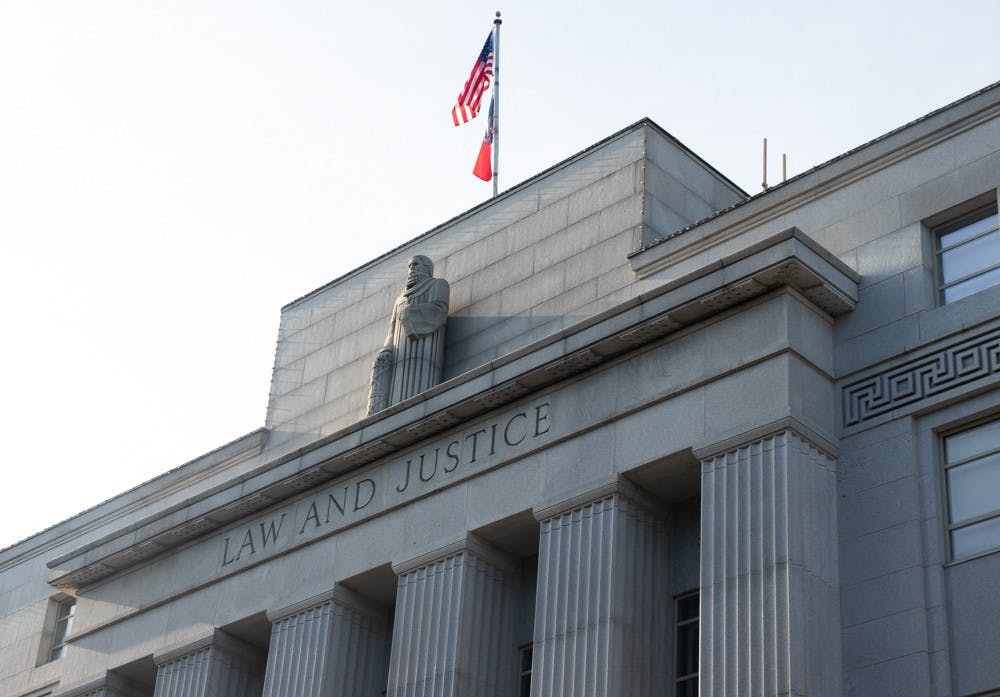The court system is supposed to be a neutral interpreter of law. The legislative branch makes law, the executive enforces it, so on and so forth. It's a fairly simple division of power but one that, in theory, gives the judiciary an effective veto power over the entire government's policymaking.
This works well when the judiciary is actually independent and justices don’t simply use the bench as a vehicle for their own policy preferences. Consider this a warning — to put it clearly, the current North Carolina Supreme Court is full of partisan hacks.
We’ve been seeing how the breakdown of a neutral court affects things on the national level for a while. The last 25 years have seen a remarkable shift in the way the U.S. Supreme Court approaches precedent and national law. Some hallmarks include making George W. Bush president, gutting the Voting Rights Act, deciding corporations are like citizens and allowing them to make unlimited campaign contributions and overturning Roe V. Wade.
These decisions are why trust in the Supreme Court is at an all-time low. Instead of actually interpreting the Constitution and its meaning, the Supreme Court instead acts as an extra legislative veto on legislation the Federalist Society and other conservative groups don’t like.
The Supreme Court is filled with far-right ideologues, and two of those seats were filled by the Republicans through some incredibly undemocratic shenanigans, such as holding up Merrick Garland's 2016 nomination for months to enable Trump to fill the seat instead of Obama and then rushing to fill the seat left by Ruth Bader Ginsberg's death a mere week before the 2020 election.
After the 2022 midterm election, Democrats lost their majority on the N.C. Supreme Court. Both of the new Republican justices campaigned on being nonpartisan and defending the law as written. However, almost immediately after being seated, the new conservative majority broke decades of precedent by accepting a petition filed by GOP legislators to rehear two critical voting rights cases.
Did I mention that N.C. Senate President Pro Tempore Phil Berger (R- Rockingham, Gilford) is the dad of one of the five conservative State Supreme Court justices? If ruling on the constitutionality of legislation your father wrote and voted on isn’t a conflict of interest, I’m not sure what is.
Rehearing cases isn’t entirely new, but it is rare and usually only done if there is a question regarding the evidence at the core of the case.
That's not what is happening with these voting rights issues, regarding voter ID requirements and legislative district maps. The only real change is the composition of the court.
The new hearings could overturn the prior decisions. For example, overturning this would enact a voter ID law that the court, just a few months ago, found was at least partially passed with discriminatory intent. Overturning the second case would allow GOP lawmakers to redraw our state's congressional maps.



